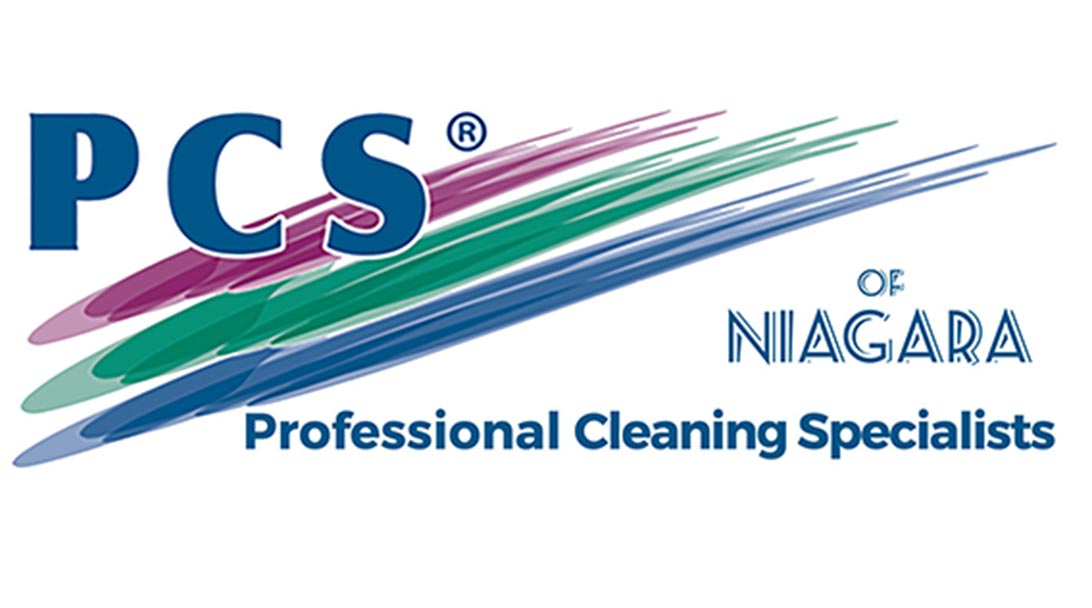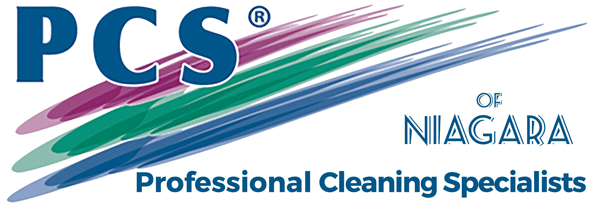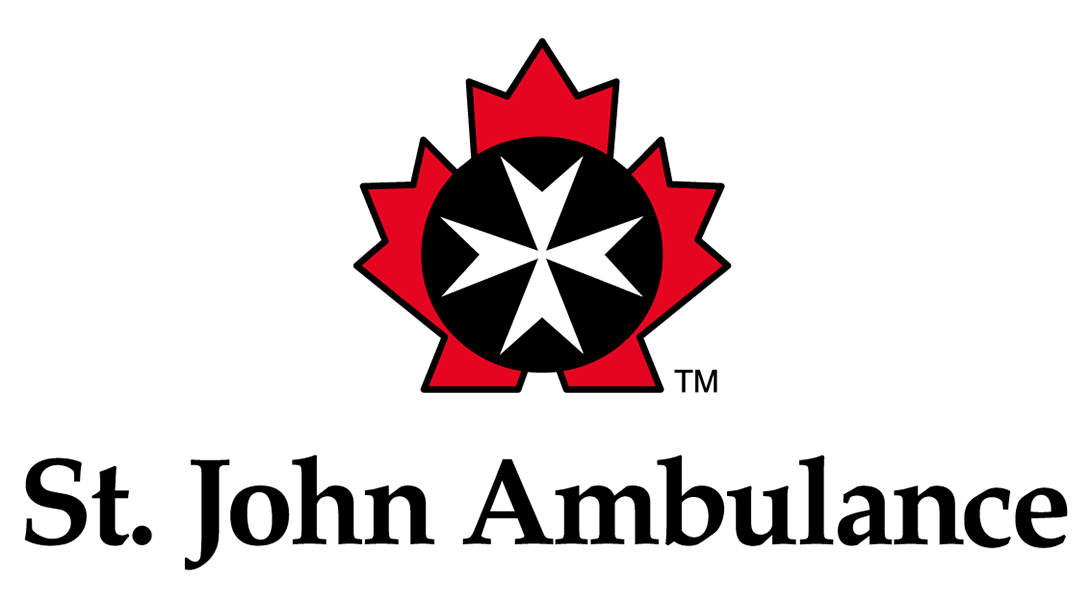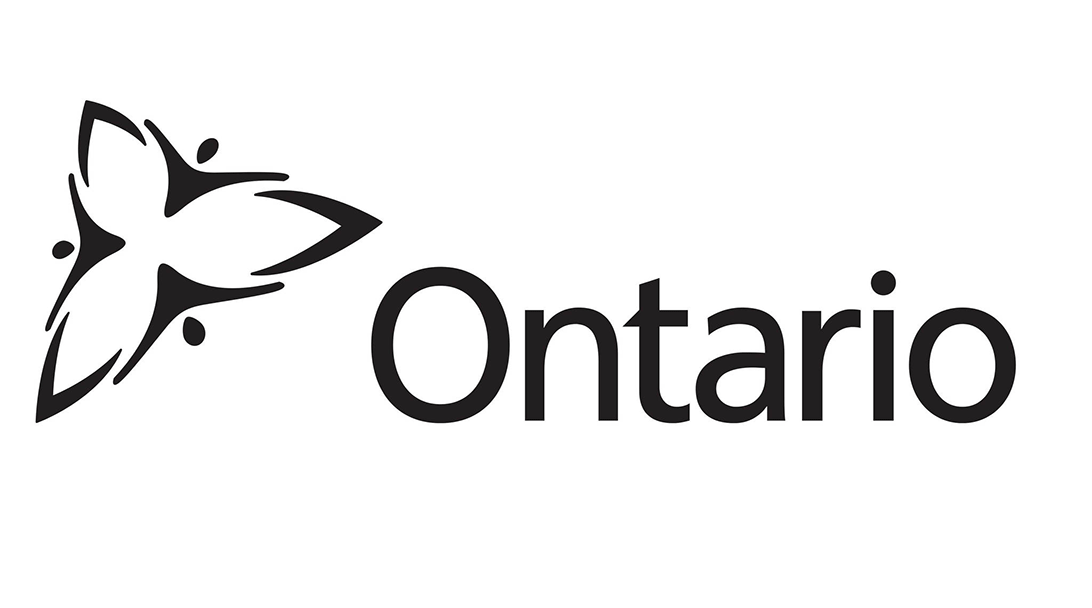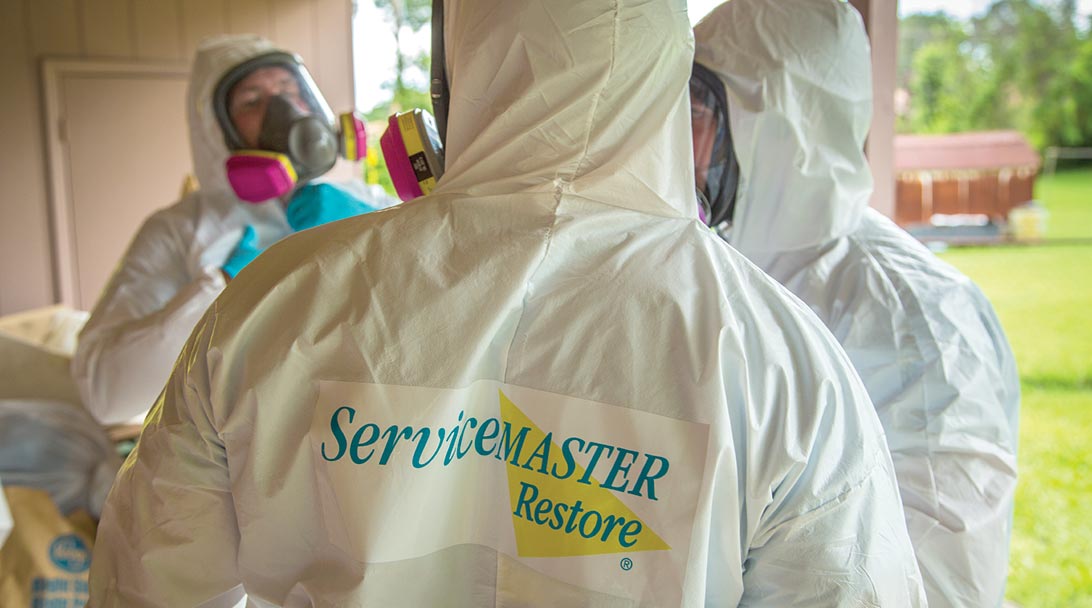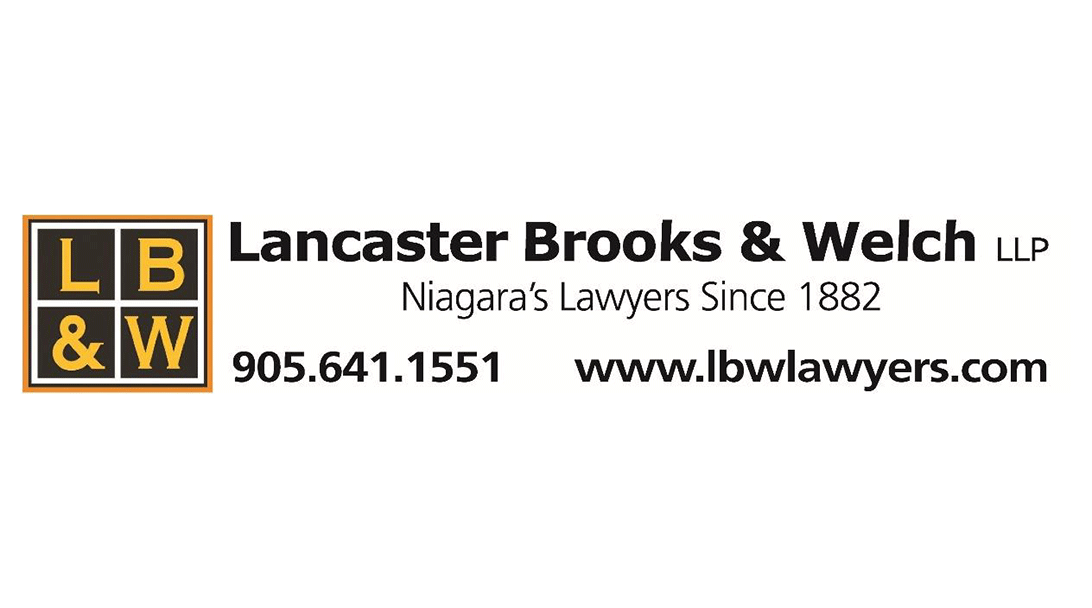
The Coronavirus: Its Impact
Update from Lancaster Brooks & Welch Partners
By Leanne Standryk and Civita Gauley
April 1, 2020, we received further details from the Federal Government regarding the administration of the Canada Emergency Wage Subsidy Program (CEWS). Here is what we know.
Who is Eligible?
Eligible Employers include individuals, taxable corporations, and partnerships as well as non-profit corporations and registered charities. Public bodies such as municipalities, local governments, crown corporations, public universities, colleges, schools and hospitals are NOT eligible for the subsidy.
Eligibility Requirement
The CEWS is available to those Eligible Employers who have seen a drop of at least 30% of their revenue. An employer’s revenue for this purpose would be its revenue from business carried on in Canada earned from arm’s length sources. Revenue is to be calculated using the employer’s normal accounting method and, would exclude revenues from extraordinary items and amounts on account of capital. For non-profits and registered charities, the government has confirmed its commitment to work with the sector to determine the appropriate method of calculating ‘revenue’ taking into consideration their specific circumstances. Employers must confirm that they are making their best efforts to pay the remaining 25% of wages however the Federal Government recognized that for some employers, this may not be possible.
What is the amount of Subsidy offered?
The Amount of Subsidy for an individual employee will be based on eligible remuneration for a twelve-week period, March 15 and June 6, 2020 and will be the greater of:
- 75% of the amount of remuneration paid, up to a maximum benefit of $847.00 per week; and
- The amount of remuneration paid, up to a maximum benefit of $847.00 per week of 75% of theemployee’s pre-crisis weekly remuneration, whichever is less.
Employers will be expected where possible, to maintain existing employees’ pre-crisis employment earnings.
Eligible Remuneration
Eligible Remuneration used to calculate individual employee subsidy amounts may include salary, wages, and other remuneration. Remuneration of which would be generally subject to withholdings or deductions for tax purposes, required by law and remitted to the Receiver General. However, it does not include severance pay, or items such as stock option benefits or the personal use of a corporate vehicle.
There is no known overall limit on the total subsidy that an eligible employer may claim under the CEWS program other than the individual limits noted above.
Claim Periods
To date, there are three eligibility claim periods:
Period One: March 15 – April 11, 2020.
The employer must show a 30% decline in revenue for March 2020 as compared to March 2019.
Period Two: April 12 – May 9, 2020.
An Employer must show a 30% decline in revenue for April 2020 as compared to April 2019.
Period Three: May 10 – June 6, 2020.
An Employer must show a 30% decline in revenue for May 2020 as compared to May 2019.
For example, if revenues in March 2020 were down more than 30% compared to March 2019, the employer would be eligible to claim the CEWS on remuneration paid to employees between March 15 and April 11, 2020.
Eligible Employers may apply for the CEWS online through the CRA’s “My Business Account” portal and will have to submit a new application during each Claim Period. Funds will be available in approximately six weeks.
If an employer or organization does not qualify for the CEWS, they may still be eligible for a previously announced 10% wage subsidy for small businesses, non-profits and/or charities regarding remuneration paid between March 18, 2020 and June 20, 2020.
Where an organization or Employer is eligible for both the CEWS and the temporary 10% wage subsidy previously announced, the 10% wage subsidy paid in an overlapping period will generally reduce the amount available under the CEWS.
Eligible Employers may not claim the CEWS for remuneration paid to an employee in a week that falls within a 4-week period for which the employee is eligible for the Canada Emergency Response Benefit (“CERB”).
Amounts received by Eligible Employers under the CEWS will be deemed government assistance and will be included in the Eligible Employers taxable income. Assistance received under either wage subsidy would reduce the amount of remuneration expenses eligible for other federal tax credits calculated on the same remuneration.
While we now have greater detail concerning the CEWS, we require further clarification regarding the determination of ‘pre-crisis earnings”, particulars as to how employers will be required to demonstrate the efforts made to pay employees 100% of their pre-crisis remuneration, and what options or flexibility will be made available to employers.
As we continue to wait for details, what we know for certain is that the current climate adds additional complexities to the workplace. Careful consideration and planning with appropriate legal advice is critical. We remain committed to supporting our clients with timely communication of details as they become know and as we see the unprecedented support from the government to ease the financial impact of the COVID-19 pandemic.

Lancaster, Brooks & Welch LLP,
PO Box 790 – Suite 800, 80 King Street, St. Catharines, Ontario L2R 6Z1




